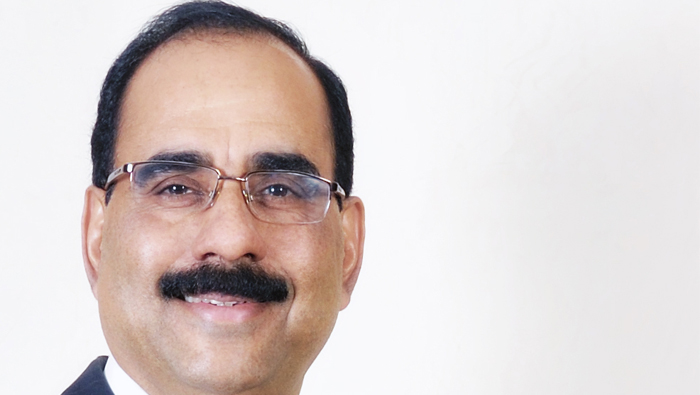
Muscat: Middle East has cemented its place as one of the top outward remittance hubs in the world, with the figure in excess of $120 billion for 2015, according to a study by Xpress Money, one of the money transfer brands in the world.
A complementary internal research conducted by Xpress Money indicated that remittances within the Middle East are rising rapidly as well, particularly with the Arab nationals transferring money from Gulf Cooperation Council (GCC) countries to other Arab countries.
Xpress Money research indicates that not only are Arabs sending money more frequently, but the amounts tend to also be larger. Of all Arab expatriates across multiple nationalities surveyed, 71 per cent send money back home, with 38 per cent sending money home at least once a month, and another 32 per cent sending money at least every 2-3 months.
On an average, Arabs are also more likely to send more money home, with figures showing expat Arab remitters based in select GCC countries regularly transferring amounts in the $700-1,000 range.
While the $120 billion outward remittance figure for the Middle East includes destinations the world over, including prolific receivers in South/South East Asia, non-GCC Arab countries are rising on the list. Egypt continues to be in the top 10 list of remittance receiving countries.
“The GCC is considered a vibrant job market and destination for Middle Eastern expatriate Arabs. They understand the culture and the language, and are well placed to take advantage of job opportunities created through trade, tourism, and large events such as the upcoming Expo2020,” says Xpress Money’s COO Sudhesh Giriyan.
“We are seeing this demographic increase not just in numbers but also spending power and the desire to remit money back home. And with the GCC job market staying largely secure, we expect these trends to continue and even accelerate,” he added.
“The Middle East’s status as one of the world’s most vibrant hubs for expatriate Arabs remitting money is set to increase given the rise of global events coming to the region, including the Expo2020 in Dubai and the Qatar 2022 FIFA World Cup,” said Giriyan.
“These global events create positive halo effects that create more employment opportunities and attract more jobseekers – in turn multiplying remittance streams from GCC countries to the Levant nations and North African geographies within Middle East and North African (Mena) region,” he added.